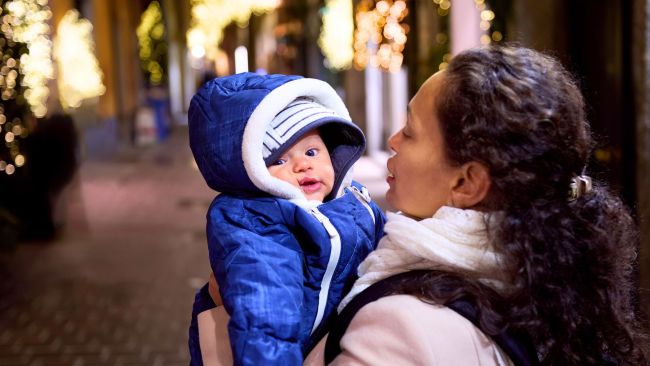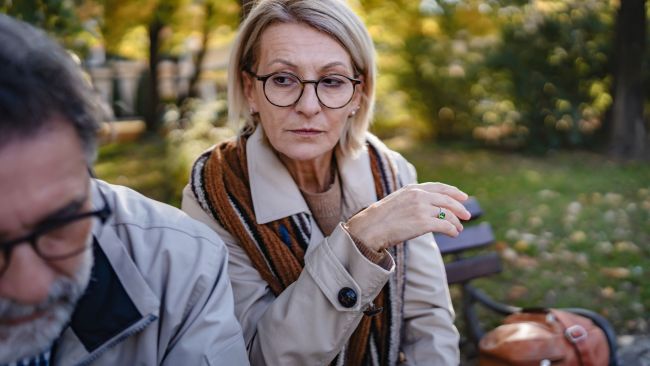‘The social media ban will isolate an already isolated group of kids’
“Social media is like a lifeline.”
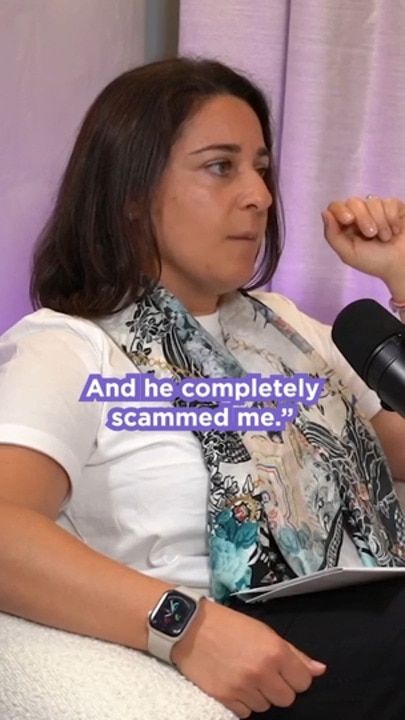
Parenting
Don't miss out on the headlines from Parenting. Followed categories will be added to My News.
Many neurodiverse kids live their whole lives online… without access to those platforms, they’ll go back to being alone.
“In about a year, you’re not going to be able to use Snapchat anymore, kiddo,” I told my 13-year-old the other day.
“Why not?!” he demanded.
“The government passed a new law.”
“But how can I talk to Will and Hamish?” He sounded panicked.
Want to join the family? Sign up to our Kidspot newsletter for more stories like this.
RELATED: 'Social media is the new smoking': Thanks for finally calling time on it
We’ve moved a lot of the last few years, leaving good friends behind in each place. Henry has used social media to stay connected.
It’s important – Henry is autistic, and making friends is a long, sometimes bumpy process.
When he finds kids who accept him, I make sure communicating with them is as seamless as possible.
Although he has a few friends at school, they don’t hang out, and without those online interactions, he’d just stay in his room all day building LEGO, drawing and playing Minecraft.
For my son and for countless other neurodiverse kids, the social media ban is going isolate a group of kids already at high risk for loneliness.
‘Social media is a lifeline for my autistic son’
Mum-of-one Sophia is also worried. Her son has anxiety and autism, and his only friends are online.
“School has always been pretty awful,” she tells Kidspot. “He spends lunch and recess alone; no one really talks to him.
“His best friend is his cousin, and he lives in New Zealand. They don’t see each other in person, but they play Dungeons and Dragons with a little group on Snapchat.
“Social media is like a lifeline.”
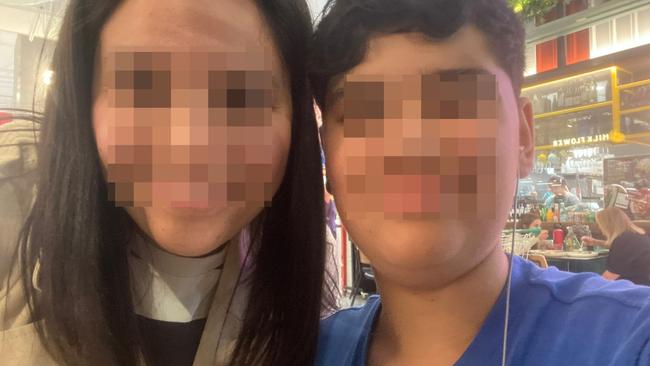
But not every parent feels the same. Jayne’s daughter has ADHD and is in a group chat of girls Jayne calls “the frenemies”. Sometimes they get along, but when things start to get bumpy, it seems like 14-year-old Clara becomes a target.
“One girl leads the charge, excluding her in the chats, treating her differently from everyone else. Sometimes it seems small, like she says hi to everyone except my daughter. Sometimes she’ll invite each of the girls to hang out individually, but she won’t ask Clara.
"Once she said something nasty about Clara, apparently ‘forgetting’ that Clara was in the group.
“If Clara says anything, the girl plays dumb. Her confidence and mental health has been impacted and she often comes home in tears.
“I know the best solution would be to cut ties, but she has friends in the same group and can’t walk away. I’ll be glad when the girls’ access is disabled and they don’t have a platform for online bullying.”
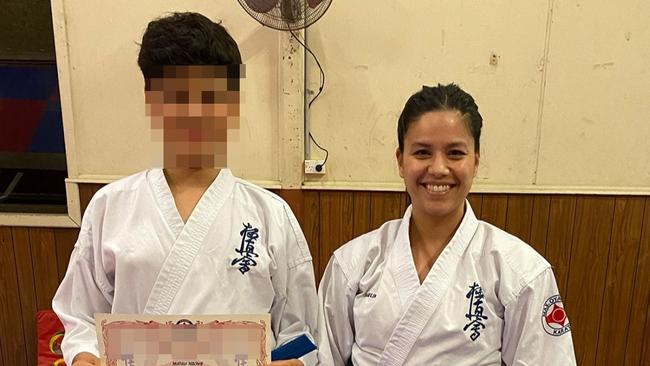
RELATED: My autistic son was banned from the end of year school excursion
‘The social media ban isn’t going to work’
Kelly’s 10-year-old is neurodiverse, and although social media isn’t a big part of his life yet, she’s been thinking a lot about the ban in the context of her 13-year-old daughter.
“Mary has Snapchat and if they can close or lock her account based on her supplied age, then so be it,” she tells Kidspot. “But I won’t take it off her prior to that.
“She uses Snapchat to talk with kids she already knows. If Snapchat is gone, they can talk on WhatsApp. At least I can see who is in her contact list in Snapchat via the family controls.”
Kelly says many parents will be happy that their kids won’t see short form content on TikTok and Instagram, but it’s not that simple.
“That stuff is likely already available on YouTube, and along with it the morass of misogynist content. Figuring out how to block hateful, misogynist, racist content from social media full stop is something I could get behind.”
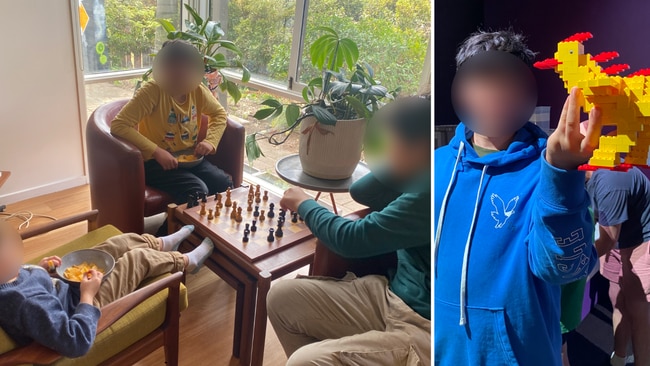
RELATED: My mum edits social media photos of me to look skinnier
What happens with neurodiverse kids when they can’t go online?
Let’s assume the ban goes ahead and it’s successful in getting kids off social media.
“I want to see kids off their devices and onto the footy fields and the swimming pools and the tennis courts,” Prime Minister Anthony Albanese told ABC New Breakfast earlier this year. “We want them to have real experiences with real people.”
I don’t know if the Prime Minister has ever met an autistic kid, but they are not on footy fields, they are not doing team sports. My son doesn’t wear anything but long pants and long-sleeved shirts because the feeling of “air on my skin makes me feel weird and exposed”. Try getting a kid like that splashing around in the pool in the sun.
I try to give Henry a balance of time feeling safe on screens talking to friends and building complicated Minecraft worlds, and pushing his boundaries, getting him outside, encouraging him to go swimming or go for a bushwalk.
Kelly said it best. “The law is a band-aid solution and a crappy one at that. It’s to make parents feel like the government is doing something against big tech, but it’s pretty meaningless.”
More Coverage
Originally published as ‘The social media ban will isolate an already isolated group of kids’



